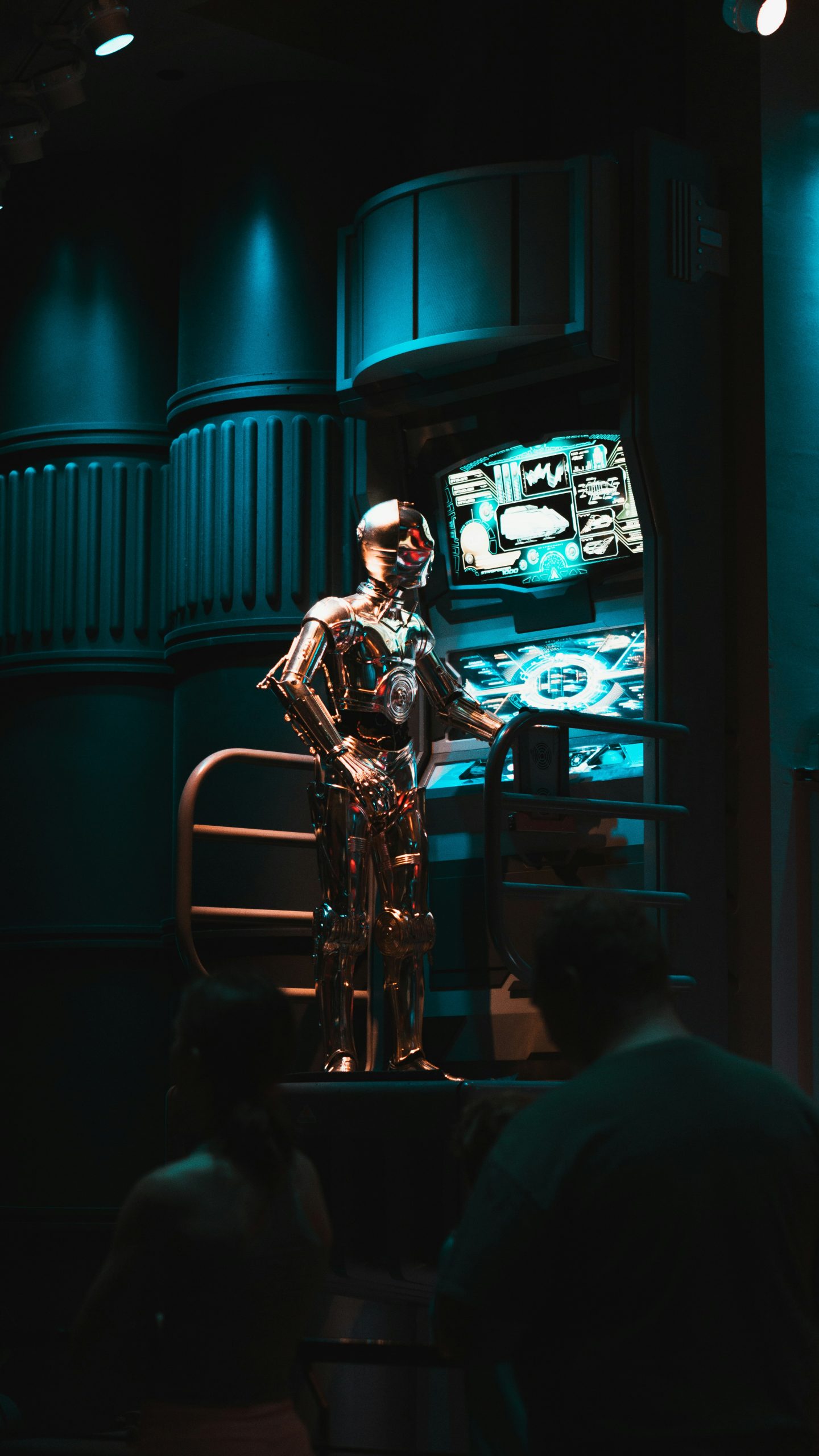The CuCo Lab is pleased to invite you to the last talk of this semester, this time by Robert Seyfert from the University of Kiel. In his talk, Robert will introduce his theory of algorithmic sociality and how the interaction between human actors and other forms of social agents shapes current socialities.
We look forward to see you at the talk, on site or online.
Abstract
Several attempts have been made in recent years towards theorising digital transformations. These approaches are concerned with examining the digital transformation in society as a whole or in its social domains, e.g., the infrastructure, the economy, the financial market, forms of subjectification and everyday life. In the following, I propose a theory of algorithmic sociality (TaS) following on from and in continuation of existing conceptual approaches. This theory aims to (1) conceptualise new (post-)social relations that have emerged in the process of digital transformation and add them to other types of social relations prevalent in sociology, such as intersubjective and interobjective relations. In doing so, digitalisation will not be understood as a unifying (or perhaps even simplifying) movement, but (2) as a process in which both the forms of relationships and the individuals in these relationships become more diverse and heterogeneous. (3) The individuals or elements (human subjects, algorithmic objects, etc.) that play a role in these relations and processes are typologically mapped. Gilbert Simondon’s concept of disparity (disparation) is used to conceptualise the relations and processes betweenthe individuals and such elements. The notion of algorithmic sociality is proposed to describe these new (post-)social relations.
Organisation/contact
Culture & Computation Lab / cucolab@uni.lu
Photo by Nicholas Fuentes on Unsplash
